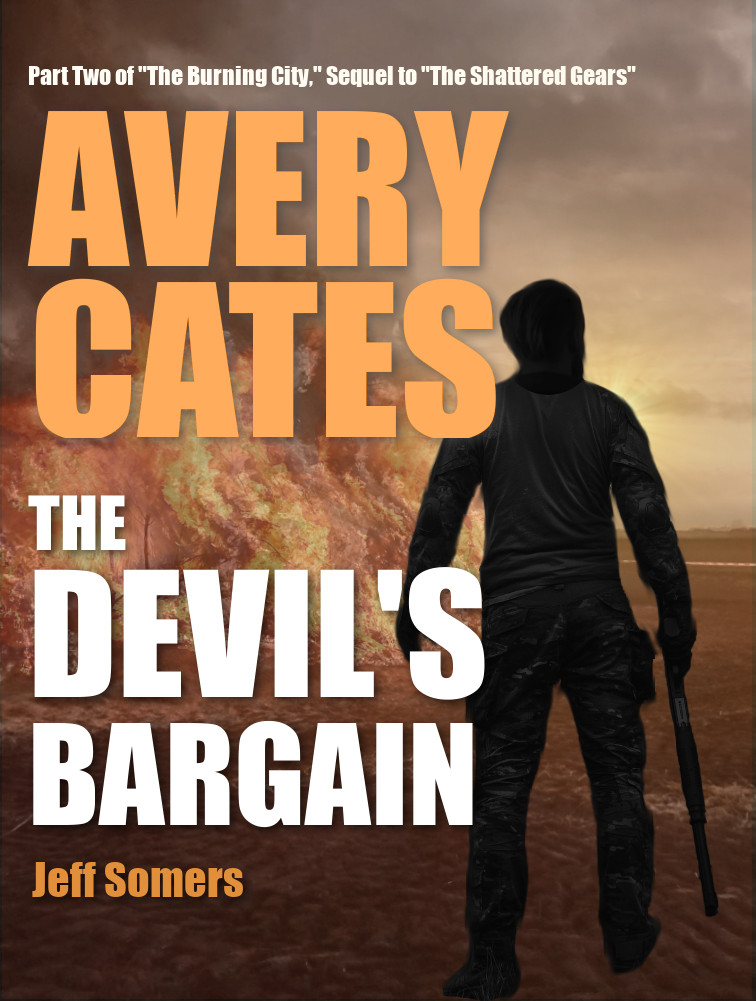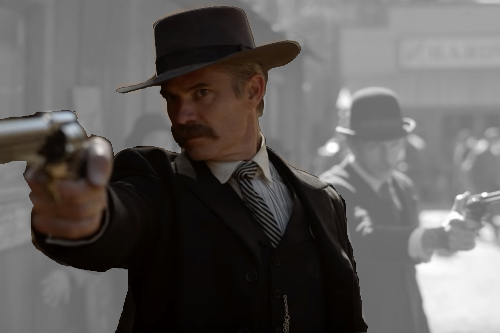No one ever said writing novels was easy. Except me, several times, but I almost certainly drinking when I said that and not thinking clearly.
Let me start over: Writing novels isn’t easy, and sometimes the hardest part is starting. If you’ve got several dozen files on your hard drive named some variation of GENIUS_NOVEL_D1, GENIUS_NOVEL_D1_2, GENIUS_NOVEL_D1_3 and so on, you know of which I speak.
For me, approaching novels in the same way each time is sometimes part of the problem. After all, if something works, why change it? If you’ve written several novels before simply by starting at the beginning, or by outlining for weeks before writing a word, or, I don’t know, sacrificing a chicken and praying to dank gods, then you could make worse decisions than to try that successful approach again.
But if it stops working, sometimes it helps to try something different in terms of approach. After all, what have you got to lose? In this scenario you’re already failing to write that novel.
Five Easy Chapters
Sometimes the secret to writing a novel is getting past the vast void of blankness that faces you when you start. If you’ve tried a few times to get Chapter One going and have nothing but discarded drafts to show for it, try one of these approaches.
In Media Res: Skip the boring parts and jump right to the part of the story you’re most excited to write. Sometimes what slows you down is doing all the ‘eat your vegetables’ writing right away. Dive into dessert first. You can always go back and eat that broccoli later.
The Lecture Approach: Exposition can be deadly, but can also be cut out later—if you’re having trouble getting started, start explaining the universe, characters, et al., as a way of jump-starting the story. Don’t worry about style or narrative, just tell it like you’re explaining it to an insurance adjuster.
The Alternative POV: Just because you have a POV main character doesn’t mean they have to be the first Voice your reader encounters. Maybe you’re having trouble hooking into your main character’s tone or style. Work on someone else for a bit, see what happens.
The Unrelated Incident: A great way to make a splash and write a fun, energetic Chapter 1 is to ignore your plot entirely and write a self-contained story that sets the table and introduces everything and everybody—because it’s unrelated, it allows total freedom. It can also be deleted later if it helps you get going–or be adapted into something else.
The James Bond Approach: James Bond movies start with an exciting action sequence that often has nothing to do with the main story. Why not do the same? Chapter 1 shouldn’t be a dull simmer of introductory information, it should be a story unto itself. Introduce your characters and universe by creating an awesome mini-adventure that stands alone as an exciting story even if it also ties into the greater plot later.
There’s no guarantee any of these approaches will cure your novel, of course, but there’s plenty more where these came from. Get creative! That’s what you do! Creativity isn’t just about story and characters. You can be creative in your process as well. Just like I get creative when all I’ve got left in the bar is vermouth, Blue Curacao, and Frangelico.










